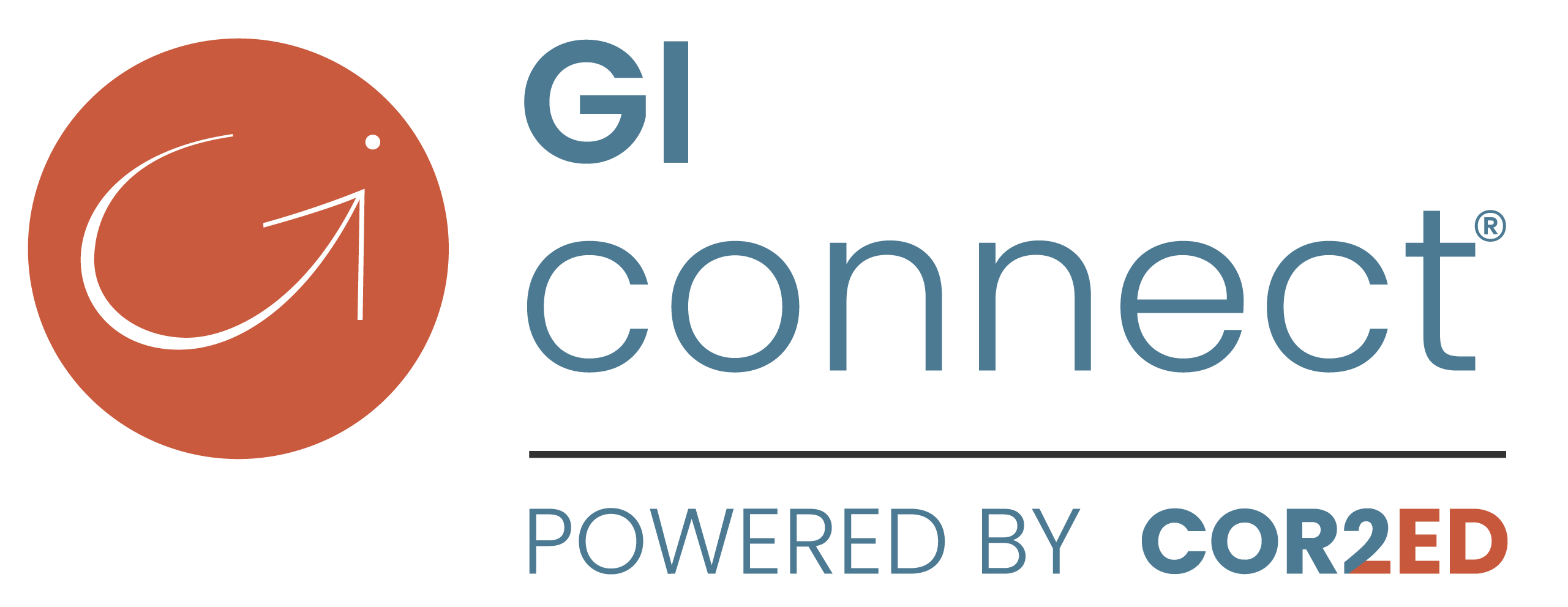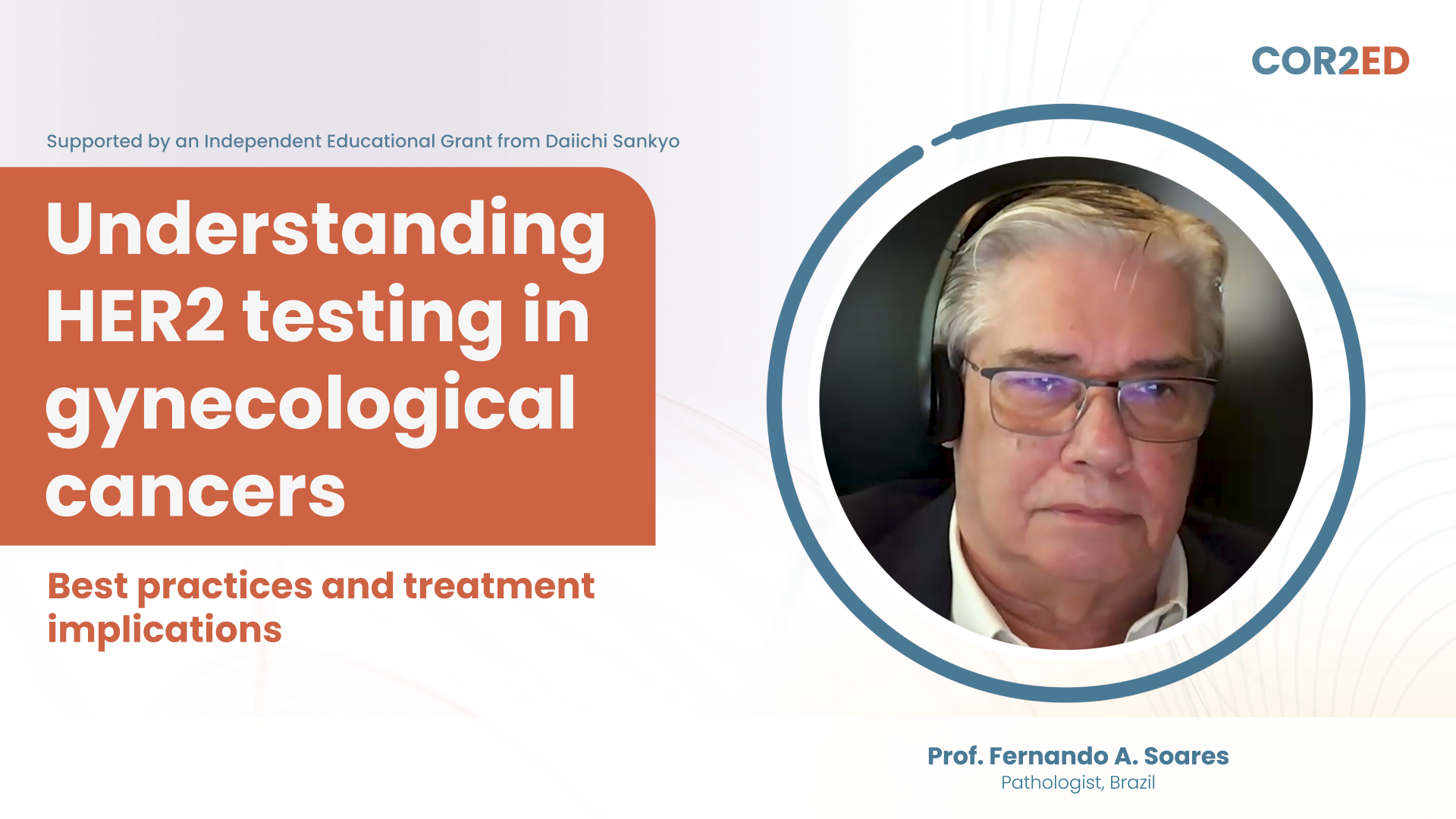During ESMO 2023, GI oncologists came together to discuss gastrointestinal cancer data emerging from the congress and the potential implications for clinical practice in the EU and China.
The meeting co-chairs each shared selected abstracts presented during ESMO before opening up the discussion to the panel of experts, including two GI CONNECT members, Prof. Dominik Modest and Prof. Hans Prenen. Watch the on-demand video to hear what they had to say.
Panel
- Prof. Rui-Hua Xu, Sun Yat-sen University Cancer Center, Guangzhou, China
- Prof. Gong Chen, Sun Yat-sen University Cancer Center, Guangzhou, China
- Prof. Dr Dominik Modest, Charité - Universitätsmedizin Berlin, Germany
- Prof. Dr Hans Prenen, University Hospital Antwerp, Belgium
Clinical Takeaways
- In the KEYNOTE-811 trial, pembrolizumab added to first-line trastuzumab and chemotherapy significantly improves PFS and response rates in HER2+ metastatic gastric cancer/gastroesophageal junction cancer (mGC/GEJC), especially in those with PD-L1 overexpression, versus placebo.
- In the interim analysis of the MATTERHORN study, peri-operative durvalumab with FLOT in resectable GC/GEJC demonstrates a significant increase in complete response rates and downstaging, versus placebo.
- In the CodeBreaK 300 study, sotorasib (especially at 960 mg) in combination with panitumab improves PFS and response rates in chemorefractory mCRC, as compared to standard of care.
- The final analysis of the RATIONALE-305 study showed that tislelizumab in combination with chemotherapy improves overall survival in patients with advanced or metastatic GC/GEJC, as compared to placebo plus chemotherapy.
Trials
- KEYNOTE-811
- MATTERHORN
- RATIONALE-305
- CODEBREAK 300
- CAIRO5
- PEGASUS



 Downloadable
Downloadable  20 MIN
20 MIN
 Feb 2026
Feb 2026 






